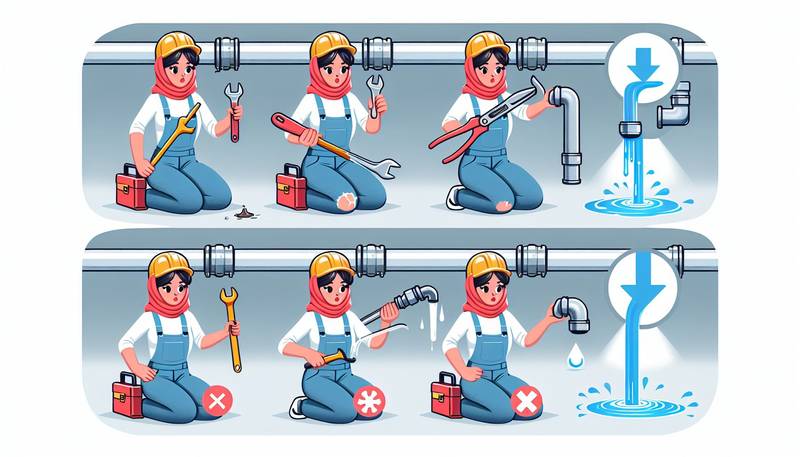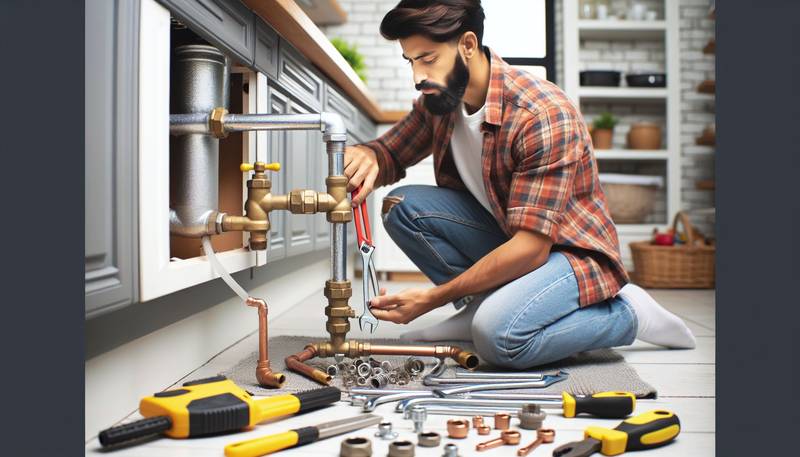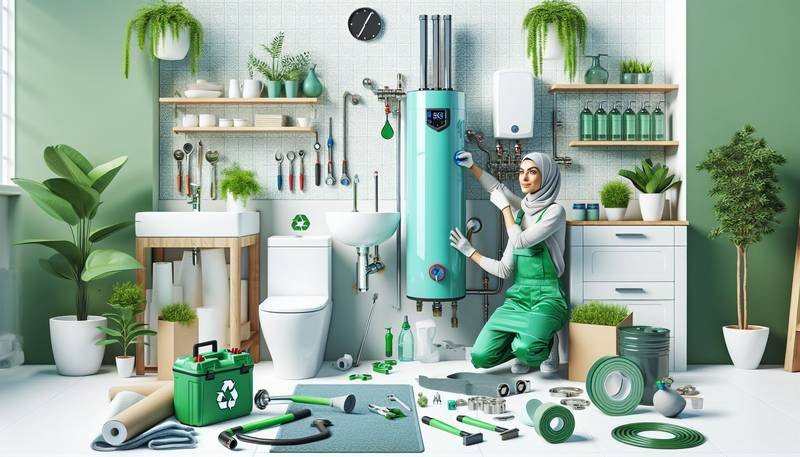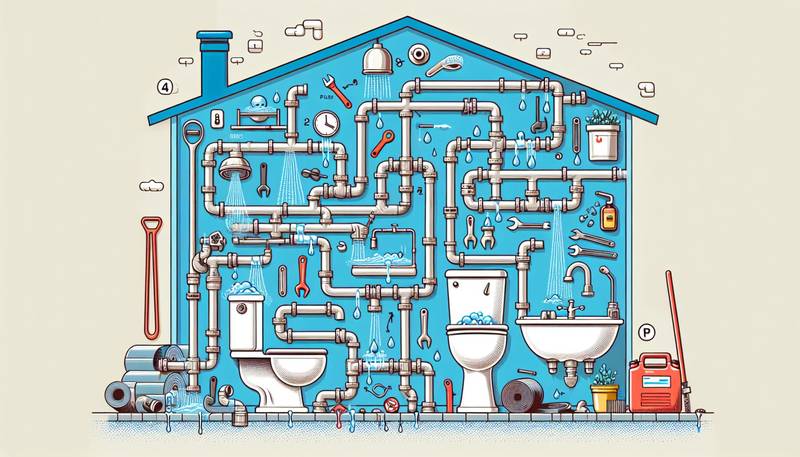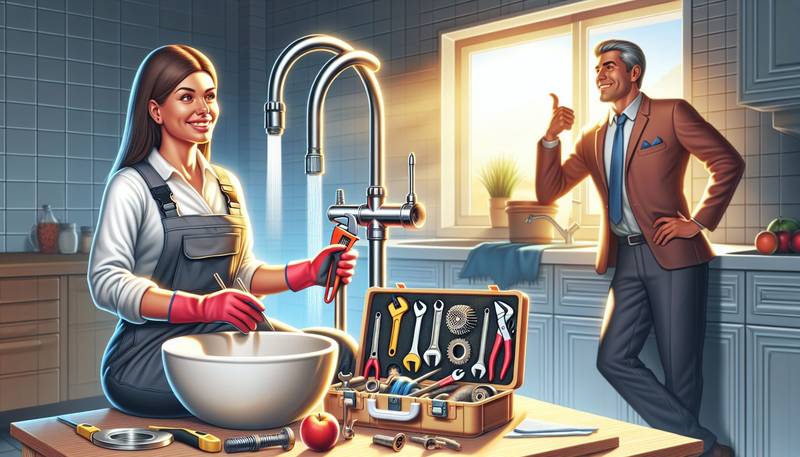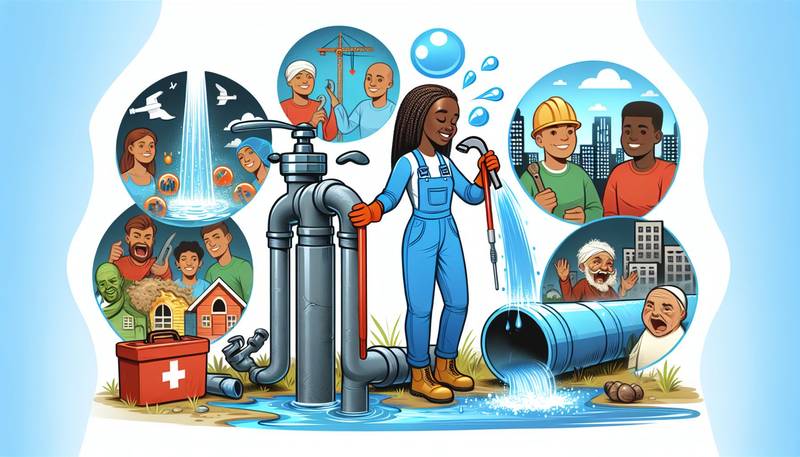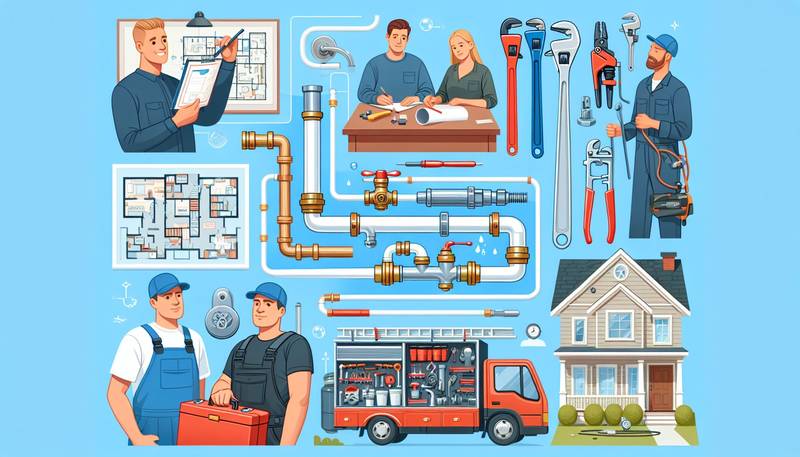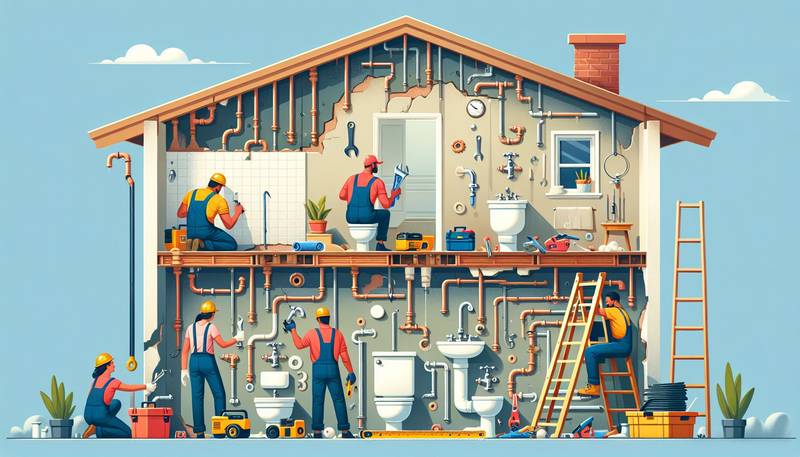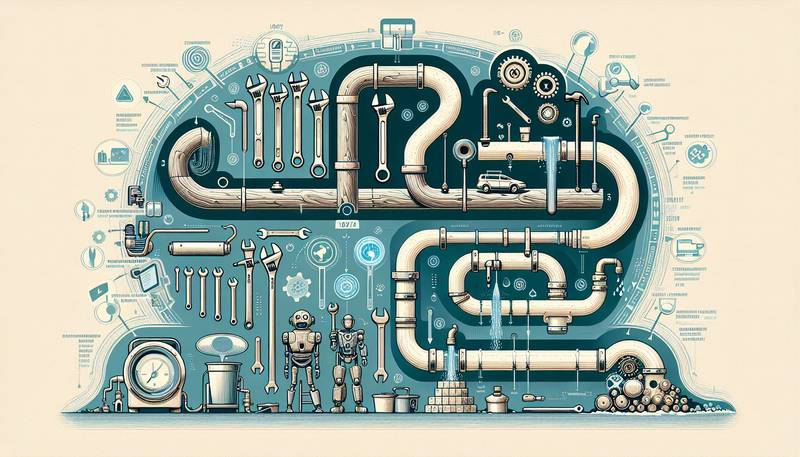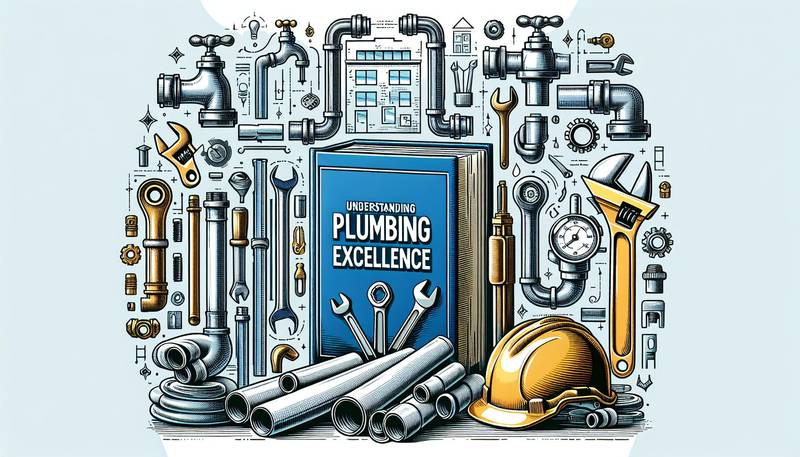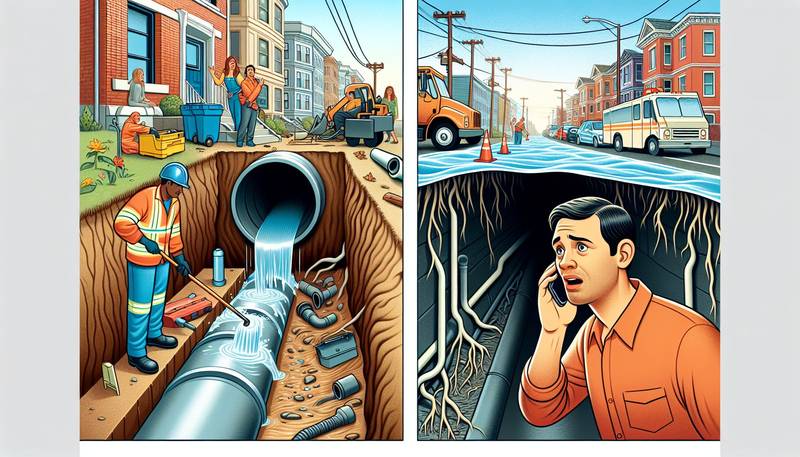Emergency Plumbing Fixes: What Every Homeowner Needs to Know
While most people prefer to rely on professional plumbers for such emergencies, it's important for homeowners to have some basic knowledge of common plumbing problems and how to handle them effectively in case of an emergency.
Common Emergency Plumbing Issues
There are several common emergency plumbing issues that homeowners may encounter. These include burst pipes, clogged drains, overflowing toilets, and water heater malfunctions. Each of these issues requires immediate attention to prevent further damage and inconvenience.
Burst pipes are perhaps one of the most serious plumbing emergencies that can occur in a home. When a pipe bursts, it can release a significant amount of water into your home, causing extensive damage to floors, walls, and personal belongings. In addition to the damage caused by the water itself, burst pipes can also lead to mold growth, which can pose serious health risks to you and your family.
Clogged drains are another common plumbing issue that can turn into an emergency if not addressed promptly. A clogged drain can cause water to back up and overflow, leading to water damage and potential health hazards from exposure to contaminated water. In addition, clogged drains can also lead to foul odors and attract pests, creating an unsanitary living environment.
Overflowing toilets are a particularly unpleasant plumbing emergency that no homeowner wants to deal with. When a toilet overflows, it can release contaminated water and waste into your home, creating a serious health hazard. In addition to the health risks, an overflowing toilet can also cause water damage to your floors and walls, leading to expensive repairs.
Water heater malfunctions are another common plumbing issue that can cause emergencies in a home. When a water heater malfunctions, it can lead to a lack of hot water, which can disrupt your daily routine and make tasks such as bathing and washing dishes impossible. In some cases, a malfunctioning water heater can also lead to leaks and flooding, causing significant damage to your home.
How to Handle Emergency Plumbing Issues
When faced with an emergency plumbing issue, it's important to remain calm and take immediate action to prevent further damage. The first step is to locate the main water shutoff valve in your home and turn it off to stop the flow of water. This will help prevent flooding and minimize water damage while you wait for professional help to arrive.
If you encounter a burst pipe, it's important to turn off the water supply to that specific pipe by closing the isolation valve or shutting off the main water supply. Next, open faucets to allow any remaining water to drain out and relieve pressure on the pipes. You can then use a bucket to collect any leaking water and towels to soak up excess water to prevent further damage.
For clogged drains, you can try using a plunger or a drain snake to clear the blockage. Avoid using harsh chemicals, as they can damage your pipes and worsen the clog. If the clog persists, it's best to seek professional help to avoid causing further damage to your plumbing system.
In the case of an overflowing toilet, the first step is to turn off the water supply to the toilet by closing the valve behind the toilet. Next, use a plunger to try and dislodge the clog. If the toilet continues to overflow, it's best to contact a plumber for assistance to avoid contamination and water damage.
If your water heater malfunctions, the first step is to turn off the power or gas supply to the heater to prevent further damage. Next, check for any leaks or signs of damage to the unit. If you're unable to troubleshoot the issue on your own, it's best to contact a professional plumber to inspect and repair your water heater.
Conclusion
Being prepared for emergency plumbing issues can help homeowners avoid costly repairs and minimize damage to their homes. By familiarizing yourself with common plumbing problems and knowing how to handle them effectively, you can protect your home and your family from the consequences of a plumbing emergency. Remember to stay calm, act quickly, and seek professional help when needed to ensure a swift and effective resolution to any plumbing emergency.
